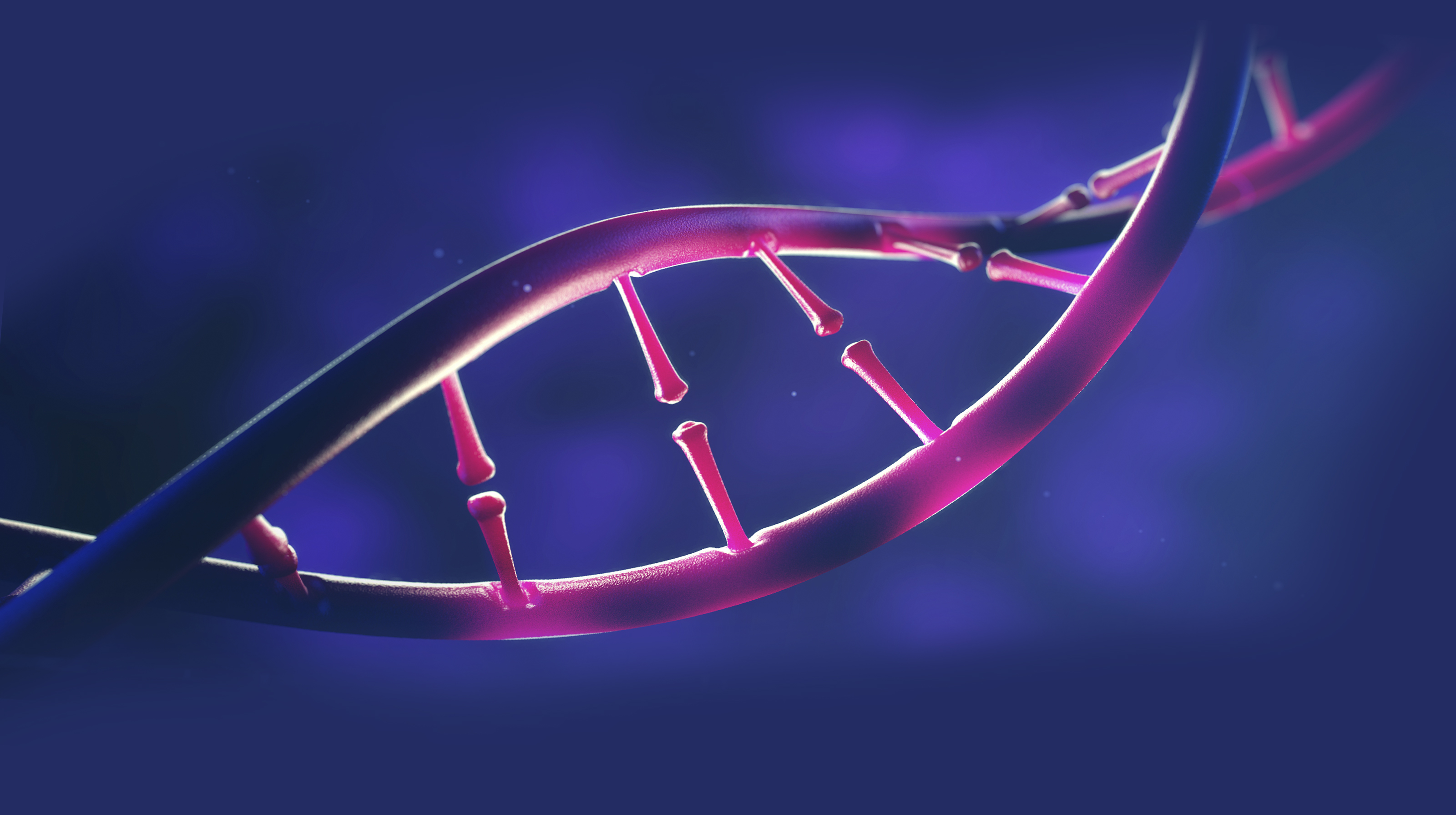

Core Labs and Research Infrastructure is a system of centrally governed, multidisciplinary laboratories. Each lab is equipped with state-of-the-art technologies and is supported by expertly skilled staff, many with postgraduate qualifications and all proficient in their specific fields.
Our system of centralized governance, the One Lab Model, is structured to allow research to progress seamlessly across disciplines. Pivotal to this level of access is our support system. Our staff members are always on hand to inform and advise. We offer a variety of services tailored to meet every eventuality.

Offering cutting-edge technologies and comprehensive methods in genomics and molecular biology with bioinformatics support.
Access the BCL internal website for detailed resources, operational updates, and internal documentation.
See our capabilities Contact the labThe Bioscience Core Lab provides a state-of-the-art facility to support genomic studies. We offer expertise ranging from project planning, experimental design, sample preparation, instrumentation, sequencing, and downstream data analysis.
Watch Video
The bioinformatics team operates in synergy with all other areas in Bioscience Core Lab.
Routinely, the bioinformatics team performs primary data analyses, quality control assessment and data management and distribution. We ensure computational and storage needs of Bioscience Core Lab instruments are met for today and tomorrow’s needs.
The team significantly contributes towards the planning and the establishing of new technologies, especially those relevant to high-throughput facilities.
At the other end, the bioinformatics team supports KAUST and within-the-Kingdom researchers by providing advice on experimental design and consultations for downstream analysis as well as bioinformatics training.
Where resources permit, the team also engages in scientific collaborations and early-access trials.
The genomics lab offers a wide range of applications covering third and next generation sequencing as well as capillary sequencing.

Third generation sequencing (TGS) technologies are capable of generating very long reads on single DNA/RNA molecules. This is ideal for de-novo assembly, scaffolding, spanning repeats and complex structural rearrangements. It can also be used in studying different isoforms of full-length transcripts.
Next generation sequencing (NGS) provides high throughput short read sequencing capability to enable projects for re-sequencing, population genetics, transcriptomics and metagenomics, with protocols capable of handling minimal input of starting material. It can be coupled with single cell genomics technologies to study individually isolated subpopulations of cells.
KAUST Bioscience Core Lab is an approved ONT Certified Service Provider
In addition, the laboratory is well equipped for single-cell genomics analysis, flow cytometry and cell sorting.
For a listing of capabilities available in this area please
click here (Intranet access only)